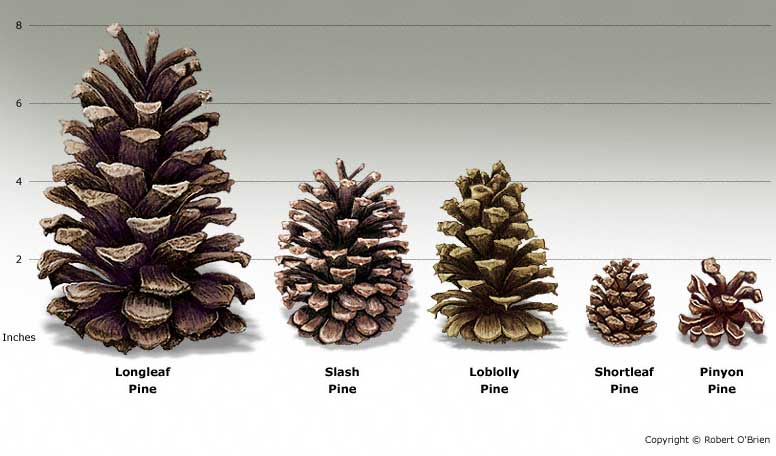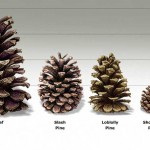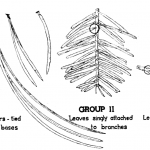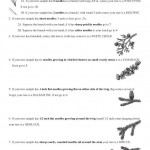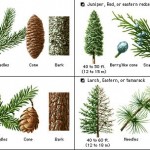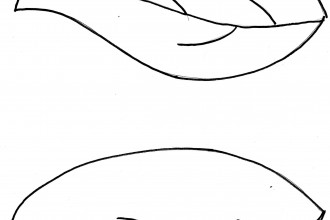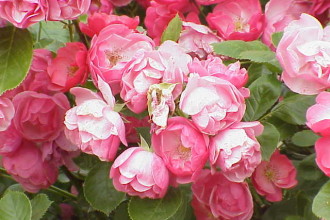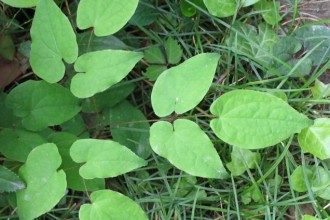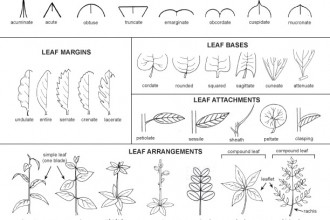4 Pine Tree Identification Key
Sponsored link:
Usually crops specifically 4 Pine Tree Identification Key gain diet through their sources (water and nutrients) and leaves (consumption of daylight and carbon dioxide (CO2)) to make ATP ((adenosine triphosphate or electricity) to fulfill their metabolic requirements) and starch (a book for when photosynthetic situations aren't maximum (e.g. Decrease in power and period of daylight, droughts, frosts, and also other undesirable conditions). Nevertheless, carnivorous/“insectivorous” crops should ingest extra resources of food. Appropriately they “attract, catch, destroy, digest, and absorb [the nutrients of dwelling] prey” containing largely of invertebrates.
Presently you'll find 600+ recognized variety of carnivorous plants owned by at the least eight vegetable individuals that utilize a number of techniques to appeal and lure food – lovely smells, chemical secretions, vibrant blooms and/or orbs, elusive or difficult materials and/or physical barriers. Though they often develop in mild sites “where water and periodic sunlight are plentiful along with the dirt is [acidic] and weak in vitamins (particularly nitrates, calcium, phosphates, and irons, that are required for protein synthesis, cell-wall stiffening, nucleic acid synthesis, and chrolophyll synthesis, respectively) for example acidic bogs, [fens] and stone outcroppings,” they occur in several places. They survive property as well as in water (e.g. the venus flytrap (Dionaea muscipula) lifestyles in acidic materials comprising large levels of ammonium (a poisonous material) having a ph of between 4-to 5, as the bladderwort (Utricularia genus) lifestyles in water). Some grow-out of damp boggy materials (e.g. pitcher plants – Darlingtonia and Sarracenia), some develop in low-mild settings where winters carry winter and snowfall (e.g. The most popular pitcher plant – Sarracenia purpurea), others put their barriers across the dirt (Genlisea) or succeed in leave-like problems and on calcium-abundant limestone deposits (e.g. the Colonial dewy wood – (Drosophyllum lusitanicum) and butterwort – (Pinguicula valisneriifolia), respectively, though some exotic pitcher plants of the Nepenthes genus mature vines as much as numerous legs long with barriers that could seize “creatures as big as frogs [as well as] some chickens and animals.
Feel free to download the Pictures under 4 Pine Tree Identification Key information for free. Suport us by sharing this Pictures to your friends.
776 x 456 330 x 220 728 x 427 150 x 150
Download HereSponsored link:
